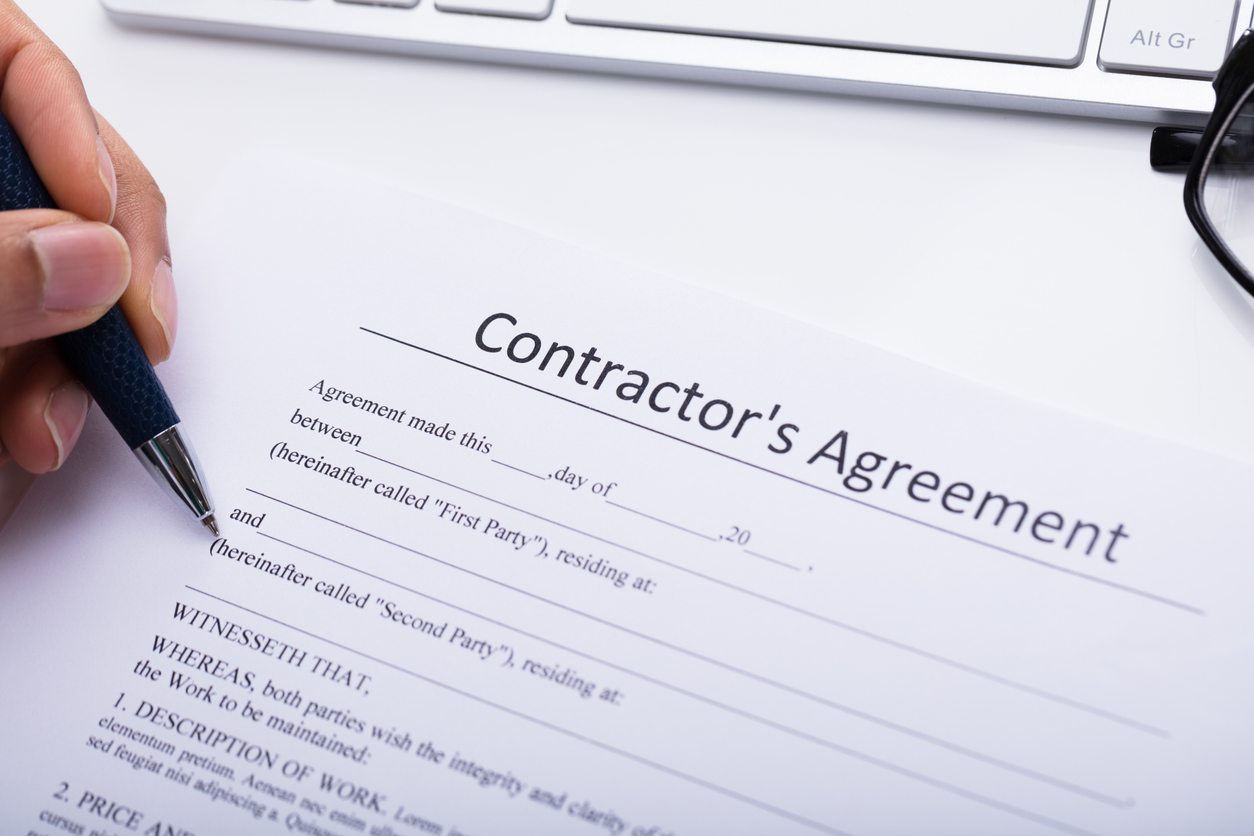The Department of Insurance is looking to change the way adjusting is done in Florida. Two weeks ago, I posted about the how problematic some of these proposed changes could be to the industry. On Thursday, May 9, 2013, the Department will have a hearing about the proposed changes. One of the changes our readers are concerned about is to the definitions of direct supervision of apprentice public adjusters. When the State started the apprentice program, many public adjusters sought clarification regarding requirements for supervising pubic adjusters and limits and restrictions imposed on apprentices. A need for clarification was obvious, but the proposed language change may not be what public adjusters had in mind.
Here is a look at how the Department wants to change 69B-220.051:
“Direct supervision” means the physical presence of the supervising public adjuster when soliciting or executing a contract for public adjusting services.
(a) Solicitation. The solicitation of public adjusting business for compensation is deemed to be a material part of the business of public adjusting and, therefore, requires licensure as a public adjuster under the laws of Florida and the rules of the Department, and shall be engaged in only by persons licensed by the Department as public adjusters. Unlicensed persons shall not engage in such activity even under the supervision of a licensed public adjuster. The phrase “solicitation of public adjusting business” and similar phrases as used in this rule means, for compensation, initiating contact with any person, whether in person, by mail, by telephone, by brochure, by advertisement, by electronic media, or otherwise, and thereby therein seeking, causing, urging, advising, or attempting: 1. to To have any person enter into any agreement engaging the services of a public adjuster with respect to a specific claim made or to be made under a policy of insurance. in any capacity; or
(g) “Adjusting services” means the preparation, completion or filing of an insurance claim form with the respective insurer for an insured or third party claimant.
2. To have any person subsequently speak or meet with a licensed public adjuster for the purpose of engaging the services of a public adjuster in any capacity or for the purpose of being advised by a public adjuster in any regard.
(b) Answering Telephone Calls. The answering of incoming telephone calls by unlicensed persons, at the place of business of a public adjuster, is not violative of this rule so long as the unlicensed persons engage in purely administrative matters and not in judgment, or interpretation or solicitation with regard to any insurance contract, public adjuster contract, claim, or potential claim.
Current public adjusters definitions and prohibitions are outlined in § 626.854.1
Nancy Dominguez, the administrator of FAPIA, offered this insight:
FAPIA has filed a challenge to the DFS proposed administrative rules. We will attend the rule workshop hearing on May 9th to address public adjuster industry concerns about the proposed rules. Many of the proposed rule changes are already contained in statute, however, there are specific issues relating to the proposed definition of direct supervision along with language requiring public adjusters to make sure anyone who repairs damages relating to a claim be licensed, that are unfair and not acceptable. We will be providing updates to the public adjuster community as more information becomes available. If you are not already receiving our email bulletins – please text the word FAPIA to 22828.
Last year, we wrote about the same proposed language in Proposed Changes to the Public Adjuster Code Attempts to Define “Direct Supervision” of Apprentices – Among Other Changes. FAPIA met with the Department last year when the language was originally proposed in March, 2012. The rule was not amended then, and now the same “physical presence” language is back in the latest revisions.
The public comment period for the proposed changes has expired, but you should continue to speak out by directing specific, but brief, comments to Barry Lanier. Barry Lanier, Chief, Bureau of Investigations, can be reached by (850)413-5601 or Barry.Lanier@MyFloridaCFO.com.
The results of the May 9, 2013, hearing with be posted in an upcoming blog.
1 Please note that the section regarding the 48 hour rule was held to be unconstitutional by Florida’s Supreme Court in Atwater v. Kortum, 95 So. 3d 85, 87 ( Fla. 2012).



